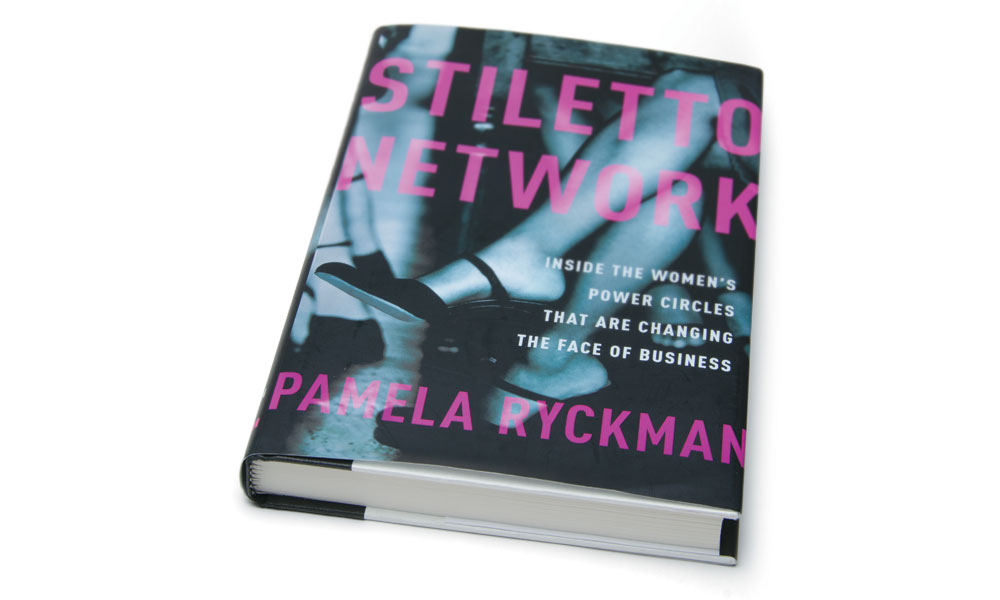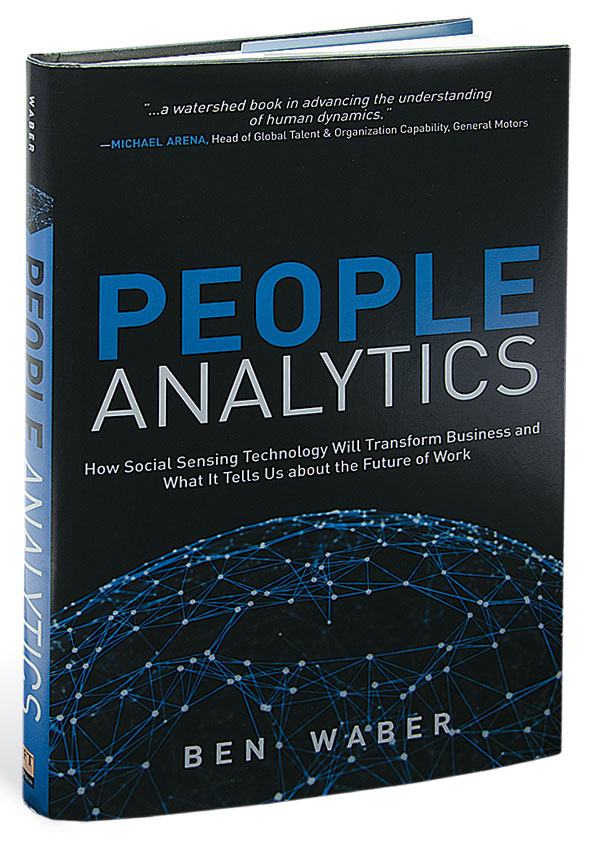
Books: Girl Power
How invitation-only networking circles are transforming the lives of high-achieving women.
Stiletto Network
By Pamela Ryckman; AMACOM; 272 pages; $22.95
Women rock. But they rock more when they help each other. Those beliefs are at the heart of Stiletto Network: Inside the Women’s Power Circles That Are Changing the Face of Business, the uplifting, insider-y first book by journalist Pamela Ryckman.
Ryckman realized that, despite individual success stories emerging from expanding numbers of invitation-only female dinner groups and vetted networking circles, most groups had no idea that other sisters were mindfully meeting nationwide.
Participants—a mixture of America’s most powerful women from corporations, government, academia, and nonprofits—mingle with meaning. This is not conference-level networking, although participants do sometimes sequester themselves for multiday discussions in an environment of absolute confidentiality, shared relaxation, and uninterrupted quality time. The primary agenda item: “How can I help?”
Despite humorous names such as Brazen Hussies, the networks are discrete power packs of personal and professional support. Such honesty, trust, commitment to “paying it forward,” and peer-level friendship often elude high-achieving women.
Ryckman finds to-die-for Rolodexes open to her as she lunches her way through a who’s-who of female icons and emerging stars, all willing to share insights about their groups’ uniqueness and the resulting gains-and-gives.
Kudos to Ryckman for the create-your-own section that assures readers they don’t already have to be Facebook’s Sheryl Sandberg.

People Analytics
By Ben Waber; FT Press; 215 pages; $39.99
corporations eager to boost employee productivity are well ahead of associations in adopting so-called social-sensing technology that reveals off-the-org-chart realities of communication patterns affecting what work gets done and how.
Former MIT Media Lab scientist Ben Waber explains this emerging field and how it may “tell us about the future of work” by capturing and analyzing actual behaviors via a computerized badge worn by employees.
With such data, organizations can measure workplace cohesion (e.g., how tightly knit someone’s network is) and centrality (e.g., key employees who connect work groups and distribute information). Organizations then can adjust practices or work environments in ways that improve productivity.

Friendfluence: The Surprising Ways Friends Make Us Who We Are
By Carlin Flora; Doubleday; 290 pages; $25.95
summer sun inspires more gathering of friends—a move applauded by author Carlin Flora in her examination of the influence of friendship on everything from health and happiness to personal triumphs and careers.
Mixing social science research and myriad anecdotes, this Psychology Today staffer explores how such relationships emerge, change, and shape us at various life stages. “Friendship is often the special catalyst required for us to reach our aims” at any age, Flora writes. “Surrounding yourself with friends who hold you to a high standard and expect a lot from you might just be the best way to move ahead in life.”
Expect animated book club discussion and some serious nostalgic moments.






Comments